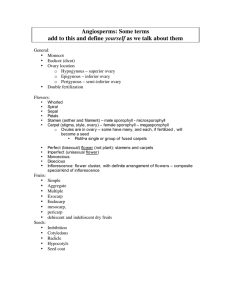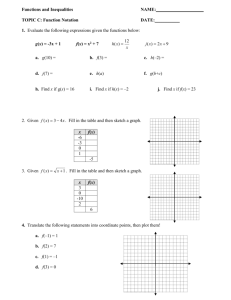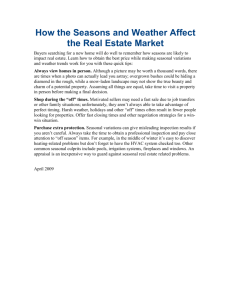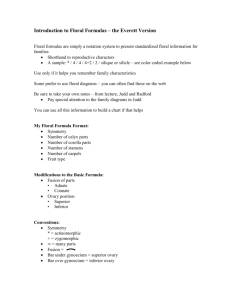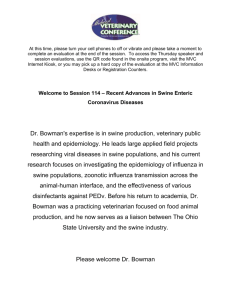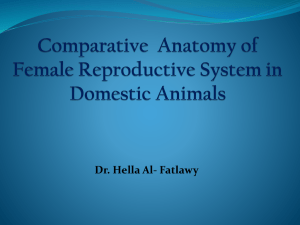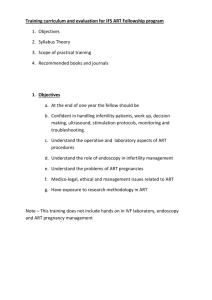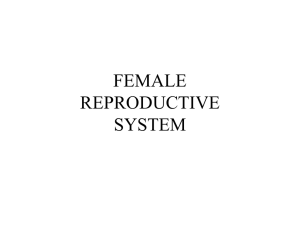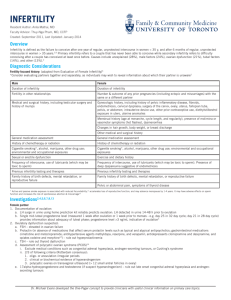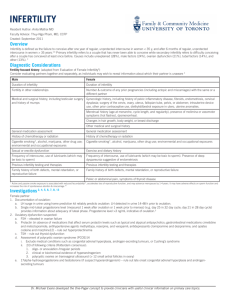Assessing the Impact of Seasonal Loss of Productivity Dr. Lance
advertisement
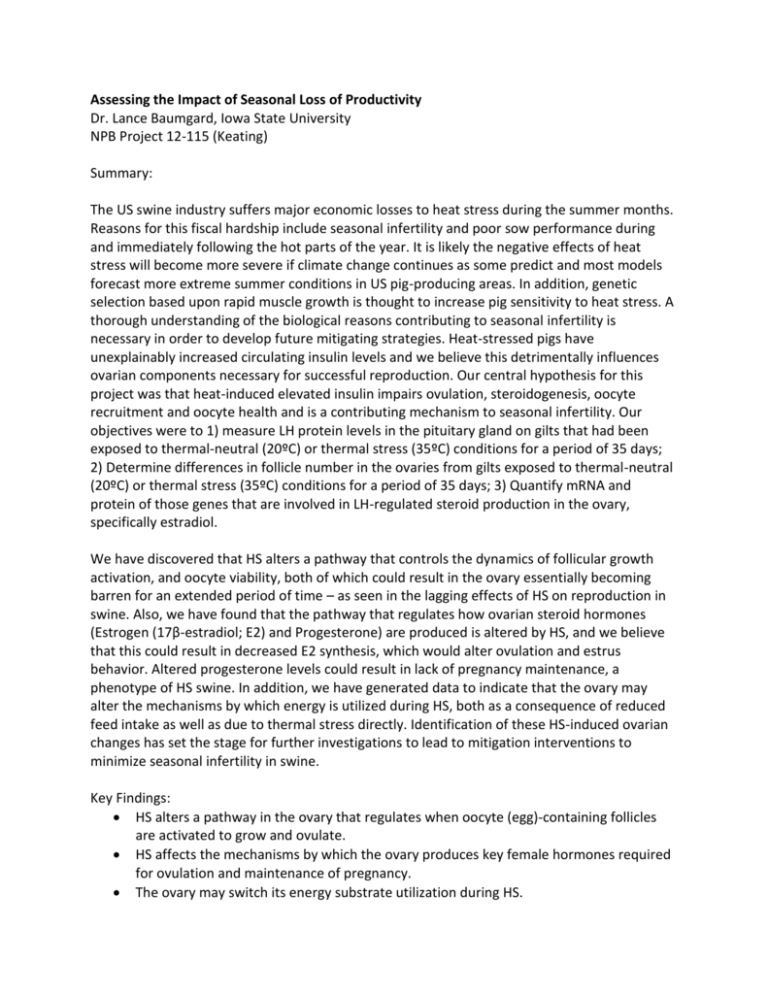
Assessing the Impact of Seasonal Loss of Productivity Dr. Lance Baumgard, Iowa State University NPB Project 12-115 (Keating) Summary: The US swine industry suffers major economic losses to heat stress during the summer months. Reasons for this fiscal hardship include seasonal infertility and poor sow performance during and immediately following the hot parts of the year. It is likely the negative effects of heat stress will become more severe if climate change continues as some predict and most models forecast more extreme summer conditions in US pig-producing areas. In addition, genetic selection based upon rapid muscle growth is thought to increase pig sensitivity to heat stress. A thorough understanding of the biological reasons contributing to seasonal infertility is necessary in order to develop future mitigating strategies. Heat-stressed pigs have unexplainably increased circulating insulin levels and we believe this detrimentally influences ovarian components necessary for successful reproduction. Our central hypothesis for this project was that heat-induced elevated insulin impairs ovulation, steroidogenesis, oocyte recruitment and oocyte health and is a contributing mechanism to seasonal infertility. Our objectives were to 1) measure LH protein levels in the pituitary gland on gilts that had been exposed to thermal-neutral (20ºC) or thermal stress (35ºC) conditions for a period of 35 days; 2) Determine differences in follicle number in the ovaries from gilts exposed to thermal-neutral (20ºC) or thermal stress (35ºC) conditions for a period of 35 days; 3) Quantify mRNA and protein of those genes that are involved in LH-regulated steroid production in the ovary, specifically estradiol. We have discovered that HS alters a pathway that controls the dynamics of follicular growth activation, and oocyte viability, both of which could result in the ovary essentially becoming barren for an extended period of time – as seen in the lagging effects of HS on reproduction in swine. Also, we have found that the pathway that regulates how ovarian steroid hormones (Estrogen (17β-estradiol; E2) and Progesterone) are produced is altered by HS, and we believe that this could result in decreased E2 synthesis, which would alter ovulation and estrus behavior. Altered progesterone levels could result in lack of pregnancy maintenance, a phenotype of HS swine. In addition, we have generated data to indicate that the ovary may alter the mechanisms by which energy is utilized during HS, both as a consequence of reduced feed intake as well as due to thermal stress directly. Identification of these HS-induced ovarian changes has set the stage for further investigations to lead to mitigation interventions to minimize seasonal infertility in swine. Key Findings: HS alters a pathway in the ovary that regulates when oocyte (egg)-containing follicles are activated to grow and ovulate. HS affects the mechanisms by which the ovary produces key female hormones required for ovulation and maintenance of pregnancy. The ovary may switch its energy substrate utilization during HS.
